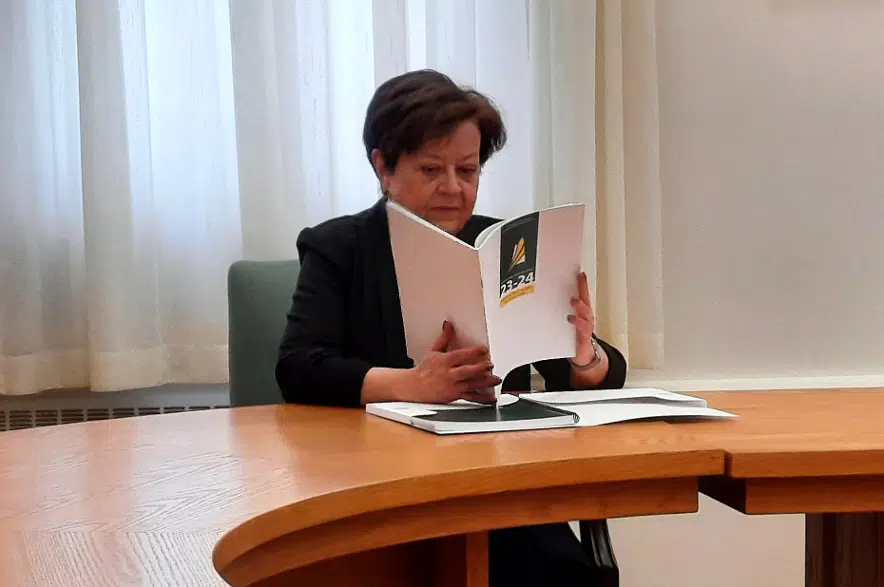The Saskatchewan Association of Rural Municipalities (SARM) is pleased to see more money flowing to municipalities in the 2023-24 budget.
The municipal revenue-sharing pool was increased from just over $262 million last year to $297.9 million in this budget.
SARM president Ray Orb said that support needs to continue.
“More funding is needed so RMs can continue to provide a level of service expected by sectors driving Saskatchewan’s economy including preparing for future growth in the critical minerals sector,” Orb said in a release.
SARM applauded the continued funding for crime reduction initiatives as well as $8.9 million for the Saskatchewan Firearms Program.
Orb said he looks forward to meeting with the RCMP and provincial government to discuss how to effectively use this increased investment to fill the gaps in the current policing system.
Businesses groups say budget leaves room for improvement
Keith Moen, the executive director of the North Saskatoon Business Association (NSBA), said the budget is a good sign that the provincial economy is on its way to recovery following the tough years during the pandemic.
Moen applauded the significant paydown of the province’s debt and welcomes the increases to the mining exploration tax credit and economic development expenditures for increased immigration.
The one area the NSBA believes could have been reconsidered was the government’s intention to increase the small business tax rate from its current zero per cent to one per cent effective June 1.
“Although we’re seeing benefits of a growing economy, one of the areas that may still be needing stimulus is in the small business sector,” Moen said in a release.
While no new taxes were introduced, the Greater Saskatoon Chamber of Commerce says it will continue to push for tax relief.
The expansion of PST on event venues and construction over the last several years has undermined post-pandemic recovery and growth for many companies operating in these sectors, the chamber said.
“We believe that this was a missed opportunity and a priority we will continue to advance in the months ahead,” said CEO Jason Aebig. “Job creators will have to wait until next year to see specific measures aimed at helping them access capital, cut costs and grow.”
Foster families association says more needed
The Saskatchewan Foster Families Association (SFFA) welcomes the two per cent funding increase, but executive director Deb Davies says the association will be continuing to engage with the government on addressing the cost of living increases being passed on to their foster families.
“We are thankful,” Davies said in a release. “This most recent budget increase builds upon the previous increases and truly recognizes the important role that foster families and family-based caregivers play in providing a safe and supportive network for children and youth in crisis.”
However, the SFFA says the funding increase doesn’t go far enough to combat rising inflation.
“We’re urging policymakers to keep considering how it’s affecting families and caregivers,” said Davies. “It’s crucial that we continue to engage in constructive dialogue with the government to make sure their future planning and action fully addresses the impact of inflation on the cost of living.”
The need for foster homes for Saskatchewan children remains high, and the SFFA has been working tirelessly to raise awareness about the need for more foster families and launching recruitment campaigns.











